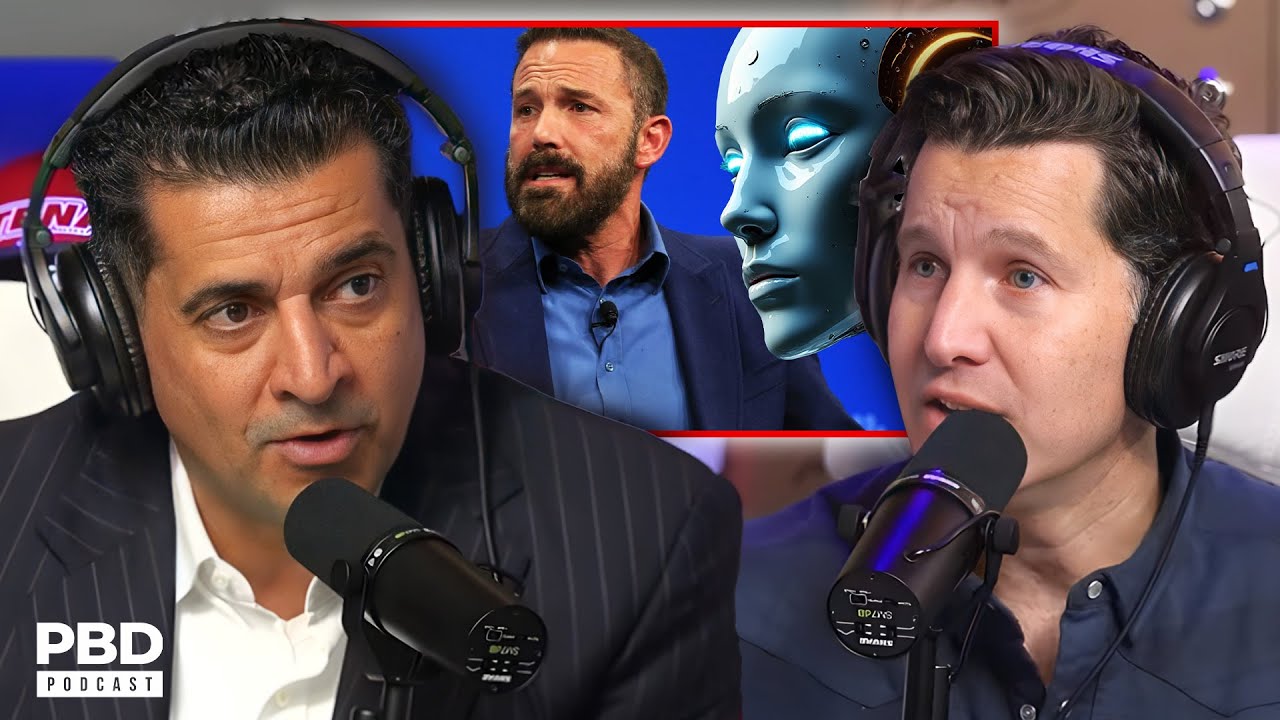Ben Affleck discussed the transformative impact of AI on Hollywood, highlighting its potential to enhance visual effects and streamline production processes while emphasizing that it cannot replace the essential human elements of storytelling and acting. He expressed concerns about job security for visual effects professionals but maintained that the emotional depth and creativity inherent in filmmaking will always require a human touch.
In a recent discussion, Ben Affleck shared his insights on the impact of artificial intelligence (AI) on the film industry, particularly in Hollywood. He emphasized that while AI can enhance certain aspects of filmmaking, such as visual effects and editing, it is unlikely to replace the core elements of storytelling and acting. Affleck argued that the unique human experience and emotional depth that actors bring to their roles cannot be replicated by AI, which primarily functions by imitating existing works rather than creating original content.
Affleck highlighted that AI could streamline labor-intensive processes in filmmaking, potentially lowering production costs and making it easier for new voices to emerge in the industry. He noted that while AI can assist in creating convincing visual effects and correcting mistakes, it lacks the ability to discern taste and construct narratives in the way that human filmmakers do. This distinction is crucial, as it underscores the limitations of AI in capturing the nuances of human emotion and creativity that are essential to compelling storytelling.
The conversation also touched on the broader implications of AI in Hollywood, particularly for visual effects professionals. Affleck expressed concern that the advancements in AI technology could threaten jobs in this sector, as tasks that once required large teams could now be accomplished more efficiently and cost-effectively with AI tools. However, he maintained that the essence of filmmaking—human connection and emotional storytelling—would remain irreplaceable.
The discussion further explored the philosophical aspects of creativity, with participants reflecting on the nature of inspiration and the creative process. They posited that while AI can generate content based on existing data, it lacks the intrinsic human ability to innovate and create from a blank slate. This limitation raises questions about the future of creativity and whether AI can ever truly replicate the human experience of creation.
In conclusion, the dialogue underscored a critical perspective on the role of AI in Hollywood. While acknowledging the potential benefits of AI in enhancing production efficiency, Affleck and his colleagues emphasized the importance of preserving the human elements of storytelling and acting. As the industry evolves, the challenge will be to find a balance between leveraging AI’s capabilities and maintaining the emotional depth and creativity that define great cinema.
